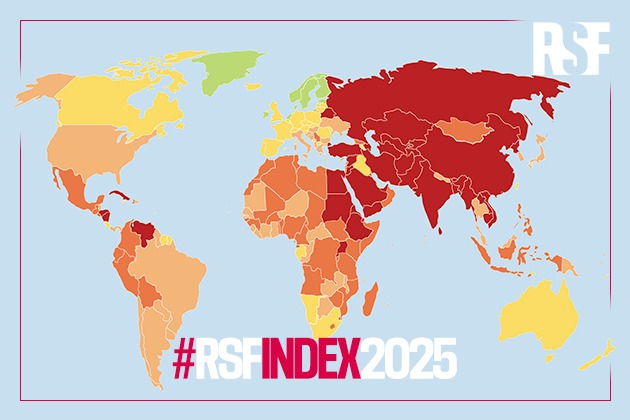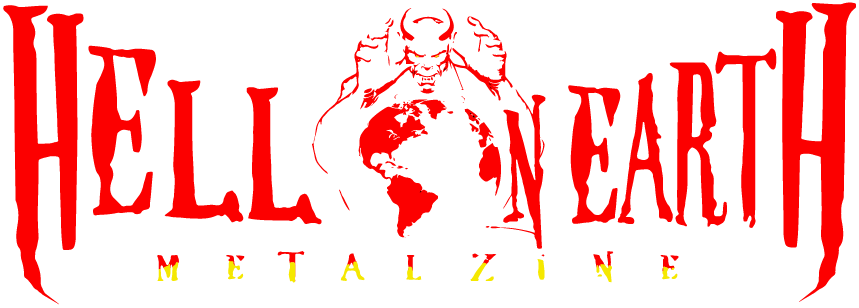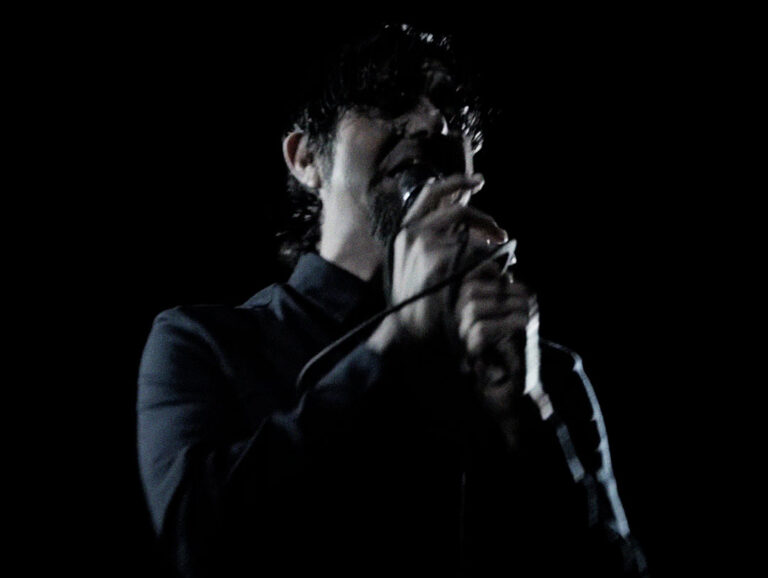
Global ranking reveals deepening crisis for journalism in one of the world’s biggest democracies.
While Norway has once again secured the top spot on the World Press Freedom Index — for the eighth year in a row — a much more sobering figure dominates this year’s report: the United States has dropped ten spots, falling to 57th place out of 180 countries.
The annual ranking, published by Reporters Without Borders (RSF), paints a concerning picture of press freedom worldwide. The full report is available here: 2024 World Press Freedom Index – Journalism under political pressure.
Norway, along with fellow Nordic countries Denmark, Sweden, and Finland, continues to set the global standard for press freedom. But even Norway’s score dipped slightly — from 95.18 in 2023 to 91.89 in 2024 — reflecting what RSF describes as a troubling global trend: a growing number of governments failing to act as “guarantors of press freedom and access to reliable, independent information.”
The United States’ steep decline to 57th place raises red flags. As one of the world’s largest economic and political powers, the U.S. has historically positioned itself as a global advocate for democratic values, including a free press. But RSF’s report signals that journalism in the U.S. is increasingly under pressure — politically, economically, and even physically.
RSF’s political indicator — one of five used to calculate the rankings — has shown the sharpest decline worldwide. The U.S. has seen a rise in hostility towards journalists, politically motivated disinformation campaigns, and increasing legal threats against media outlets. The report warns that such developments, especially during an election year, are damaging not only domestically but to the global image of democracy.
“When the press is weakened in a country that claims to lead the free world, it’s not just a national issue — it’s a signal to authoritarian regimes everywhere that silencing journalists comes without consequences,” one analyst noted.
At the bottom of the index are countries like Afghanistan, Syria, and Eritrea, where press freedom remains virtually nonexistent. In contrast, only eight countries — including Norway — scored high enough to be classified in the green category, indicating a genuinely free and secure media environment.
Experts also highlighted the role of social media and global tech platforms in both enabling and threatening press freedom. European regulations such as the Digital Services Act (DSA) and the European Media Freedom Act (EMFA) aim to curb disinformation and protect journalists, forcing platforms to assess risks and moderate content more transparently.
The stark contrast between rising Nordic scores and the United States’ decline sends a clear message: press freedom is fragile — and even in established democracies, it can erode quickly if not actively defended.




